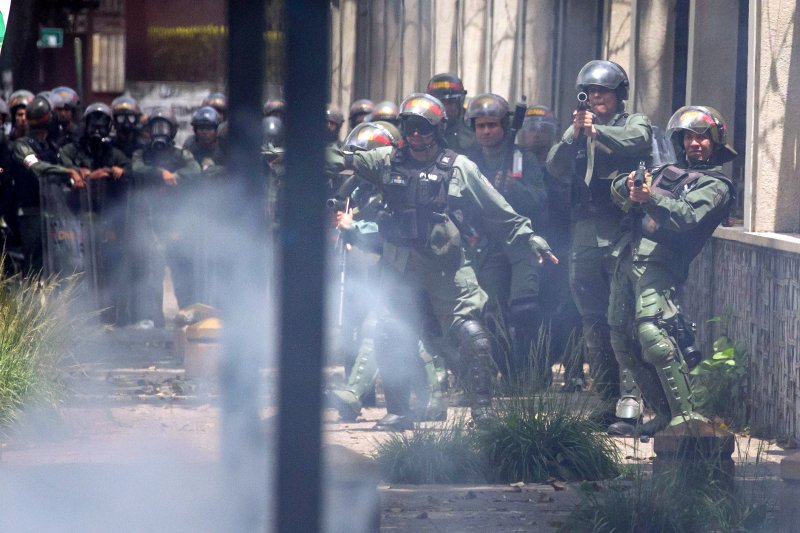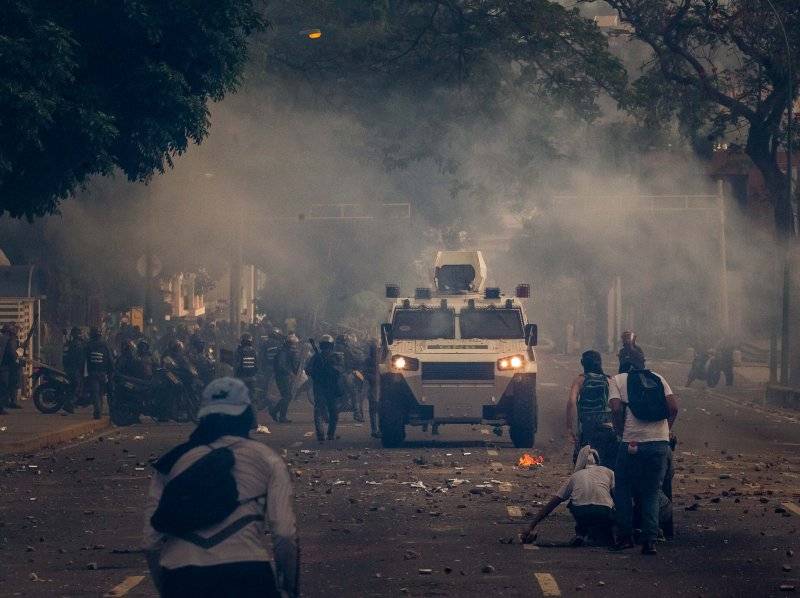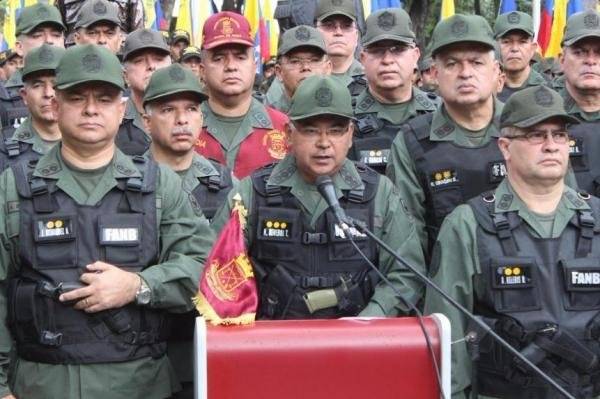Agnapostate
Rookie
- Banned
- #1
Robin Hahnel, "Venezuela: Not What You Think"
An important article regarding illusions and realities of Venezuela by American University economist and libertarian socialist activist Robin Hahnel.
An especially important article to remember and contemplate in these times of U.S. mass media defamation of the democratically elected president of Venezuela and the Bolivarian Revolution.
An important article regarding illusions and realities of Venezuela by American University economist and libertarian socialist activist Robin Hahnel.
In the case of Hugo Chavez and the Venezuelan Bolivarian Revolution, the mainstream media and politicians in the United States have elevated their game of demonizing all who oppose US foreign policy and business interests to a higher level of absurdity than usual. According to the mainstream media, the only newsworthy stories in Venezuela are one sided diatribes lifted from the discredited, opposition-owned media in Venezuela. For example, we read about Chavez shutting down opposition TV stations. We hear that Chavez is rewriting the Venezuelan Constitution so he can be President for life. Chavez is a dictator, QED.
All the badly outgunned, alternative media in the US can do is try its best to rebut the bias in the storylines defined by the mainstream media. The tiny fraction of Americans who visit the alternative media discover that Chavez has submitted a proposal to change the Venezuelan Constitution in a number of ways, one of which is to eliminate term limits on the office of President. All changes will first have to be approved by the democratically elected Venezuelan National Assembly, and then also approved in a popular referendum before they become law. Only Americans who search out the alternative media discover that Hugo Chavez was elected President by a comfortable margin in 1998, survived an opposition-sponsored recall in 2004, and most recently was re-elected in December 2006 with more than 60% of the vote. International observers certified all three elections as fair and square. George Bush, on the other hand, was selected President by a partisan Supreme Court after losing the popular vote in 2000, and won re-election only because enough black voters in Ohio were disenfranchised by a partisan Republican official to keep the Buckeye State in the Republican column in 2004. Few observers believe Bush could survive a recall election today, but of course this basic element of democratic rule is not permitted by the US Constitution. Nonetheless, the only storyline ninety-nine percent of Americans hear remains: Hugo Chavez is a dictator and George Bush is the democratically elected leader of the free world.
Similarly, only the small fraction of Americans who access the alternative media learn that RCTV was not shut down because it campaigns openly against the government -- which it has for nine years. Instead, when its license came up for renewal, its application was denied because it had violated 200 conditions of its licensing agreement -- many violations having to do with its role in helping to organize a military coup that nearly toppled the duly elected President of the country. Moreover, the station continues to broadcast on a cable network, and the opposition in Venezuela still broadcasts on more major TV channels than there are channels sympathetic to the government. In stark contrast, the alternative media in the US cannot be viewed on any major channel. Consequently the vast majority of Americans receive all their news from a mainstream media which never questions whether the US has any right to dominate other nations, but only debates the wisdom of alternative strategies for doing so, and would never dream of questioning the desirability of an economic system dominated by their corporate owners. Nevertheless the storyline most Americans hear remains: Freedom of the press is dead in totalitarian Venezuela, but alive and well in the democratic United States.
(Continued at source...)
An especially important article to remember and contemplate in these times of U.S. mass media defamation of the democratically elected president of Venezuela and the Bolivarian Revolution.



